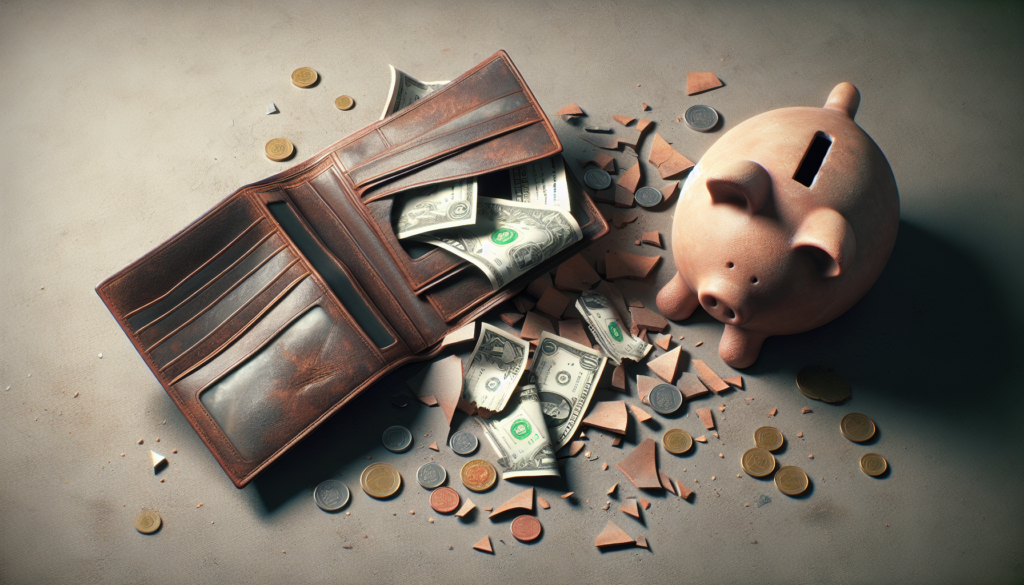
If you find yourself in a situation where you qualify for Chapter 13 bankruptcy due to your assets but cannot afford the plan payment, there are several steps and considerations to explore. Chapter 13 is designed to allow debtors to keep their assets while repaying creditors according to a court-approved plan. However, the plan needs to be feasible, reflecting your ability to pay. Here’s what can happen and what you might consider in such a scenario:
1. Plan Modification:
If your financial situation changes after the confirmation of your Chapter 13 plan, making it difficult to keep up with payments, you can request a modification of the plan. You’ll need to demonstrate that the change in circumstances is significant and affects your ability to make the agreed-upon payments. This could lead to lower payments, although the plan still needs to meet certain legal requirements, such as paying all disposable income into the plan.
2. Conversion to Chapter 7:
If you truly cannot afford to make any payments under a Chapter 13 plan, converting your case to Chapter 7 might be an option. This is particularly relevant if your financial situation worsens during the Chapter 13 plan. However, in Chapter 7, you might risk losing non-exempt assets to liquidation. It’s crucial to evaluate which assets would be protected under Chapter 7 exemptions before considering this option.
3. Hardship Discharge:
In rare cases, if you cannot complete your Chapter 13 plan due to circumstances beyond your control and modification isn’t feasible, you might qualify for a hardship discharge. The requirements are stringent: you must demonstrate that the inability to complete the plan is due to factors beyond your control, that creditors have received at least as much as they would have in a Chapter 7 liquidation, and that modification of the plan isn’t possible.
4. Dismissal:
If you cannot make your plan payments and no other options are viable, you might consider having your Chapter 13 case dismissed. However, this leaves you open to creditors resuming collection actions against you. It’s a step to consider carefully, as it eliminates the protections bankruptcy offers.
5. Negotiation with Trustee:
Sometimes, open communication with the Chapter 13 trustee can lead to solutions. Trustees can provide guidance on possible steps to take if you’re struggling with payments, including potential plan modifications or other strategies to address the issue.
6. Legal Counsel:
Navigating changes in your ability to pay under a Chapter 13 plan can be complex. Consulting with a bankruptcy attorney can provide you with tailored advice and options based on your specific situation. An attorney can help you understand the implications of different choices and represent you in any necessary court proceedings.
Example Scenario:
John, a Chapter 13 filer, loses his job halfway through his five-year repayment plan. His income drops significantly, making his current plan payments unaffordable. He consults his bankruptcy attorney, who advises him to apply for a plan modification based on his new income. The court reviews his modified plan, which reduces his payment amount while still meeting the necessary legal requirements, and approves the adjustment, allowing John to continue his Chapter 13 case under the new terms.
If you qualify for Chapter 13 but find yourself unable to afford the plan payments, it’s essential to explore all available options, such as plan modification, conversion to Chapter 7, or even a hardship discharge. Each choice has significant implications for your financial future, so it’s crucial to make informed decisions, ideally with the assistance of a bankruptcy attorney.


Get a Free Bankruptcy Case Evaluation